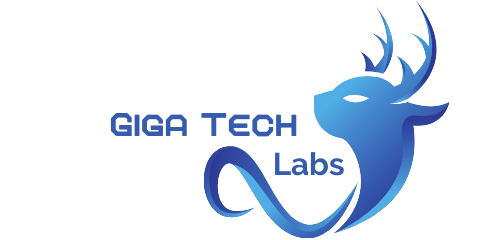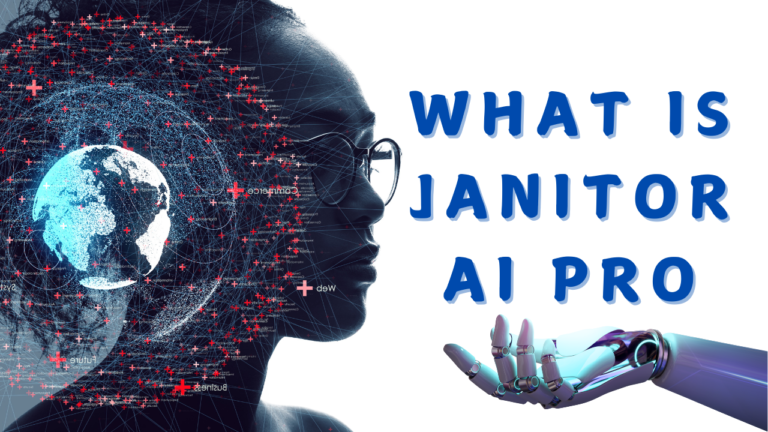Useful And Ethical Ways to Use Sunoai.ai at Work
Useful And Ethical Ways to Use Sunoai.ai at Work: Artificial intelligence has quickly made waves in workplaces worldwide, becoming more widely adopted tools such as SunoAI.ai for increasing productivity and streamlining daily tasks. Yet using AI ethically is key: this guide explores useful yet ethical uses for SunoAI.ai at work – offering clear advice for how organizations can harness its power without jeopardizing key values like transparency, fairness, or privacy.
How to Integrate Artificial Intelligence Ethics Into the Workplace
Integrating AI into your workplace doesn’t need to be daunting; but, for best practices on using it ethically at work:
Be Transparent: AI should never seem like something out of reach – make sure both employees and customers understand how SunoAI processes their data and affects interactions, to build trust among everyone and inform everyone of what the AI can and cannot do. This helps build and keep all parties up-to-date regarding AI’s potential benefits or drawbacks.
Reduce Bias: Since AI algorithms may reflect bias in their training data, it’s crucial that SunoAI’s output doesn’t unintentionally favor one group over another. Regular reviews should help detect patterns which indicate bias in its outputs.
Protect Privacy: SunoAI users must take privacy very seriously when working with AI systems. Set guidelines that ensure SunoAI only accesses what it needs from sensitive information sources – this way your AI use respects personal boundaries and does not breach them.
What Is the Ethical Way to Utilize AI?
SunoAI should always be used with ethics in mind, which means prioritizing transparency and accountability. For instance, when using SunoAI for customer service inquiries, inform customers that an AI is managing responses; this allows them to make more informed choices when engaging with your company, helping build an atmosphere of trust with its interactions. Furthermore, consider having human supervisors review SunoAI responses against your organization’s standards to ensure an optimal experience.
Checking and updating AI models periodically is also vital to making sure SunoAI remains an ethical tool in your workplace. Responsible oversight must also play an integral part of maintaining its ethics.
Ethical Considerations in AI Applications
As part of your SunoAI implementation plan, it’s crucial that certain ethical considerations remain top of mind. Here’s what to remember to ensure it runs successfully in your organization:
Accountability: Do not let AI operate unsupervised; instead entrust a team with overseeing AI’s role in decision-making and accepting responsibility for its results.
Fairness: AI models may inadvertently increase biases; therefore it’s essential that SunoAI be regularly reviewed so as to ensure its work reflects your company’s inclusive values and treats all groups equally.
Consent and Transparency: Before SunoAI handles sensitive information, always seek explicit permission from all those involved. In particular, for customer data processing projects, be transparent as possible with how SunoAI plans on using their information in order to build trust between yourself and clients.
Strategies to Support Ethical AI Use
Maintaining responsible AI use involves more than setting rules; it’s an ongoing process. Here are two strategies which could make an important difference:
Conduct Regular Audits: Audits can help identify any potential problems early on, so check SunoAI’s performance periodically to make sure it remains aligned with company ethics, particularly as more data is processed and learned over time.
Host Training Programs: Training programs provide employees with an excellent opportunity to understand SunoAI’s capabilities, benefits, and limitations. When employees know AI’s role better they’re likely to use it responsibly ensuring SunoAI enhances productivity without unintended results.
Audits and training serve to ensure SunoAI is used ethically across the board, upholding ethical standards as best they can be maintained.
Ethical Concerns Regarding AI in the Workplace
As we explore AI’s role in the workplace, three major ethical concerns emerge:
Data Privacy: AI tools process and store vast quantities of information, making privacy protection paramount. SunoAI should only access non-confidential material when necessary and you should communicate your privacy guidelines clearly to everyone involved in your team.
Bias and Fairness: Even AI models developed using high quality training data may reflect biases unwittingly. Therefore, regularly assess SunoAI’s impact across various groups to make sure it promotes inclusivity and fairness.
Transparency and Accountability: Transparency is central to upholding ethical standards. Employees and customers should always know when AI is part of a process; providing clear communications about SunoAI’s role is one key way of building trust between SunoAI and customers and employees/users of its services.
Avoiding Unlawful AI Use in the Workplace
By following some key guidelines and keeping an eye out for potential misuses of artificial intelligence (AI), companies can ensure ethical AI use. Here’s how they can do so:
Setting Clear Guidelines: From day one, set clear guidelines on how SunoAI will be utilized within your workplace, such as which data can and cannot be shared and which tasks require human interaction.
Implement Oversight Mechanisms: Establish individuals or teams who will monitor SunoAI’s outputs to ensure it continues operating within ethical boundaries, acting as safeguards that enable you to quickly detect and resolve potential issues before they escalate further.
Establishing these frameworks ensure that SunoAI stays on course while reaping maximum returns from its services.
Best Practices for Implementation of AI into Workplace Applications
AI used responsibly can not only benefit your organization; it sets an excellent example for the industry as a whole. Here are some best practices for using SunoAI responsibly:
Keep Data Usage Transparent: All parties involved should know how AI is handling data. This keeps people aware of what can and cannot be accomplished using artificial intelligence (AI), making them feel at ease with AI’s involvement.
Limit AI-Driven Decisions: AI can be great at automating repetitive tasks, but for more complex decisions that could have far reaching ramifications human judgment is necessary to reduce risks caused by any AI mistakes that might affect decisions without human oversight. This approach reduces errors caused by automated systems with potentially serious repercussions for individuals as a whole.
Train and Inform Staff: Keep all staff aware of SunoAI’s capabilities and limitations to prevent misuse and encourage an environment in which AI is utilized ethically and responsibly.
Provide Feedback: Create an open channel where employees can voice any opinions they may have regarding SunoAI operations and AI implementation. Through regular feedback sessions, this may enable an early identification of any potential issues as well as improve how AI is being utilized in SunoAI’s services.
Resources to Explore Responsible AI Use
Staying abreast of AI ethics is crucial. Here are a few resources that may assist:
AI Ethics Frameworks: Organizations like IEEE and OpenAI provide guidelines for ethical AI use, providing invaluable resources in creating responsible practices with artificial intelligence (AI). These ethical AI practices serve as invaluable guides.
Industry Reports: Stay abreast with industry reports by the MIT Media Lab and Partnership on AI; both organizations publish informative accounts regarding ethical AI practices.
Conclusion
SunoAI.ai tools combine ethics with productivity seamlessly, so utilizing its power ethically allows companies to maximize its advantages while remaining compliant with values such as transparency, fairness, and privacy. By adopting ethical and useful ways of using AI at work such as those detailed here organizations can ensure AI serves an asset in their operations that benefits everyone involved – and SunoAI is no different in that regard!
FAQs
1. What are the primary ethical concerns when using SunoAI.ai in the workplace?
The main ethical concerns include data privacy, potential biases in AI outputs, and ensuring transparency in how AI is used. It’s crucial to regularly audit AI processes to avoid unintentional biases, restrict data access to necessary information only, and clearly communicate to employees and customers how SunoAI is being used.
2. How can SunoAI.ai improve productivity without compromising ethical standards?
SunoAI.ai can take over routine and repetitive tasks, freeing employees to focus on higher-level responsibilities. Ensuring ethical standards means limiting AI’s access to sensitive data, involving human oversight in important decisions, and educating staff about AI’s role to prevent misuse.
3. How can we ensure that SunoAI.ai operates without bias?
Regular evaluations and audits help monitor SunoAI’s outputs for any patterns of unfair bias. Training AI with diverse and representative data, combined with human oversight, also minimizes potential biases, helping ensure fair outcomes across different demographic groups.
4. What’s the best way to inform customers and employees about SunoAI.ai’s use?
Be transparent by informing customers and employees about where and how SunoAI is involved, especially in data processing and decision-making. Open communication and accessible information, such as a brief FAQ or policy page, can provide clarity and build trust.
5. How often should SunoAI.ai be reviewed to maintain ethical standards?
Regular reviews, ideally every quarter or biannually, help catch and address potential ethical issues early. These reviews should check for any changes in AI performance, bias, or accuracy, allowing for timely adjustments if needed.
Also Read: AI in Libraries Ryan Hess San Francisco







